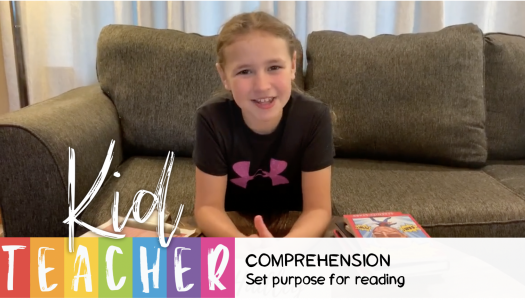Using CAFE with a Basal Series or Units of Study
Join Our Community
Access this resource now. Get up to three resources every month for free.
Choose from thousands of articles, lessons, guides, videos, and printables.
We are being asked to use a basal, and teachers are wondering if they can integrate CAFE with it. Do Daily 5 and CAFE work with a basal series or with Units of Study?
We love the literacy CAFE because students learn to use and apply important strategy work, and teachers deeply get to know their students’ reading strengths and challenges through conferring and small-group work. This knowledge enables educators to guide students and help them achieve their targeted goals. Since Daily 5 is a structure that does not hold content, CAFE was created to meet that need. In addition, CAFE supplies the differentiation that supports and promotes student growth. Both Daily 5 and CAFE have a strong research base and embody the best practice principles and extensive research of experts like Richard Allington, Grant Wiggins, Peter Johnston, and John Hattie. 
Many schools are required to use a basal and are successfully integrating it into Daily 5 and CAFE. Scripted programs can be used as a resource to meet the needs of students, and the strategies within them often blend well with those on the CAFE Menu. Teachers can choose to add strategies from the resource or use Menu strategies as they are, always making sure the language remains consistent among grade levels.
CAFE and Daily 5 are reflective of what we know about the brain and how it learns. This knowledge is put into practice by keeping whole-group focus lessons, small-group instruction, and one-on-one conferences brief. Teachers using a basal program may want to work together in teams to refine the focus of scripted lessons, shortening them to focus on one specific instructional strategy and thereby bringing the length of the lesson in line with the brain research (average age of children = the number of minutes they can attend to direct instruction). Planning lessons that feature a clear purpose, explicit instruction, and debriefing the lessons together as a team afterward will contribute to greater student achievement.





